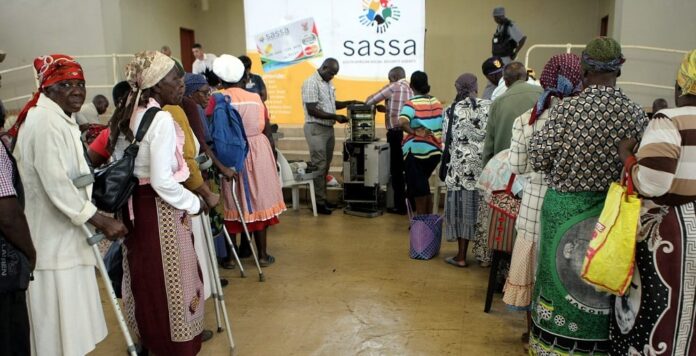Community development month in South Africa is observed annually in October under the banner of Social Development Month, led primarily by the Department of Social Development (DSD).
The initiative aims to raise awareness of social development programmes and services addressing poverty and support vulnerable populations, including children, older persons and people with disabilities.
The month serves to highlight the state’s efforts in delivering social protection measures, such as social grants. The 2025 theme, “Building Resilient Families for Sustainable Livelihoods” captures the essence of social development as a foundational pillar for thriving, cohesive communities.
However, despite the noble mandate, the broader government approach to welfare often remains a bureaucratic exercise characterised by a tick-box mentality rather than a transformative vision.
For genuine human development to flourish, the department must shift focus from procedural compliance to proactive community-centred empowerment. In this context, it is important that the department’s critical role extends beyond welfare disbursement, but involves fostering environments where individuals can live with dignity, economic participation and social equity.
Distributing social grants through commercial banks located in urban commercial centres undermines these goals. Grant recipients – often from rural or peri-urban communities – must travel significant distances to access funds, incurring costs and transaction fees that reduce the grants’ impact within their communities.
This process inadvertently diverts vital financial resources away from the very local economies social grants are meant to support, contributing to the decline of small businesses and informal traders.
An essential solution to this untenable situation lies in the establishment and empowerment of community or cooperative banks within these grant recipient communities. Such institutions can act as economic anchors – providing accessible, affordable financial services that keep money circulating locally.
This enhances local economic development by supporting spaza shops, local vendors and informal markets, preserving jobs and stimulating entrepreneurship.
Beyond economic benefits, community or cooperative banks build social capital by fostering trust and collective responsibility through participatory government structures, enhancing social cohesion and resilience.
In this context, institutions like Postbank are of paramount importance. Postbank – a government-owned financial institution, providing simple, affordable, accessible banking services tailored to underserved and under-banked people, mandated to promote financial inclusion, grow savings, improve welfare, and create a safe transaction environment.
The collaboration between government agencies such as the South African Social Services Agency and Postbank is essential to ensure social grants reach beneficiaries efficiently while fostering local economic empowerment. Furthermore, community or cooperative banks mitigate the burdens of vulnerable groups by minimising travel and reducing withdrawal fees.
They also help protect grant recipients from predatory lending practices often associated with commercial banking products. In this way, community or cooperative banks align closely with social development objectives of inclusion, empowerment and sustainable livelihoods.
Social Development Month should thus be a clarion call to reimagine and redesign welfare and social protection strategies. The department must champion and operationalise a strategic approach that goes beyond welfare delivery to actively strengthen local economies and social networks. This means embedding community banking models within the social grant system, partnering with local stakeholders, and tailoring services to the unique socio-economic realities of beneficiary communities.
The government’s commitment must, therefore, translate into enduring policies that empower people where they live, ensuring social grants not only alleviate poverty but also ignite lasting economic and social renewal at the grassroots level.
Community or cooperative banks, supported robustly by government initiatives such as Postbank, are instrumental in this transformation, providing the financial infrastructure necessary to bolster local economies and foster the social capital critical to resilient, self-sustaining communities.
The DSD’s evolution from tickling boxes to transformative action would mark a significant stride towards fulfilling the promise of Social Development Month – to build sustainable livelihoods.
• Lekota is a veteran journalist



